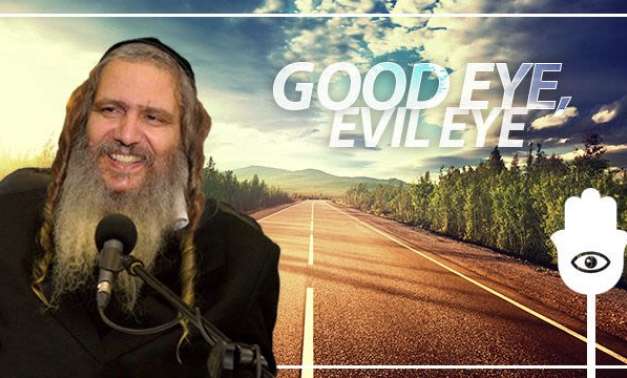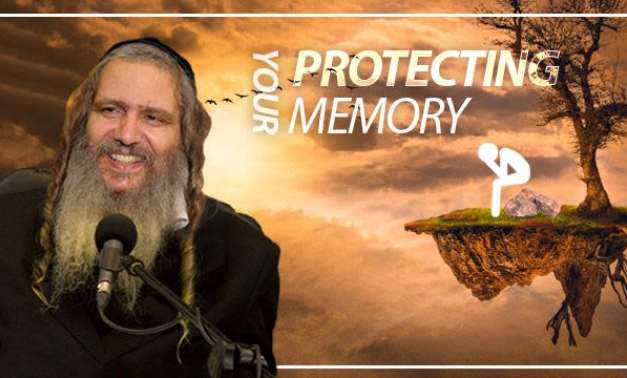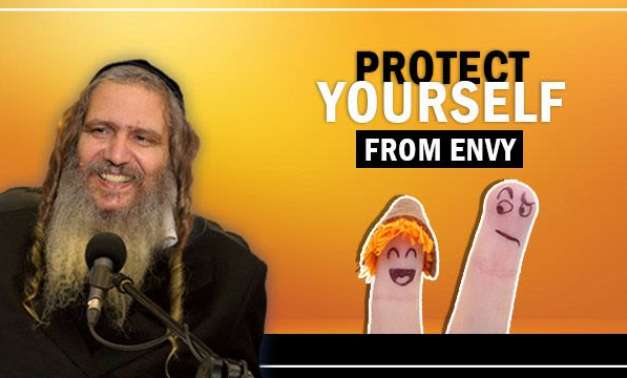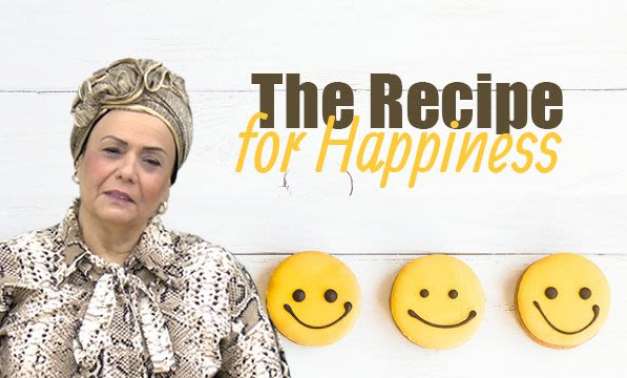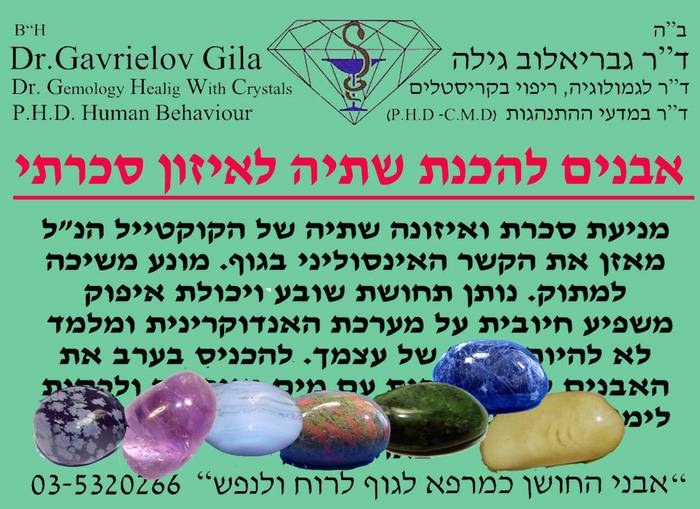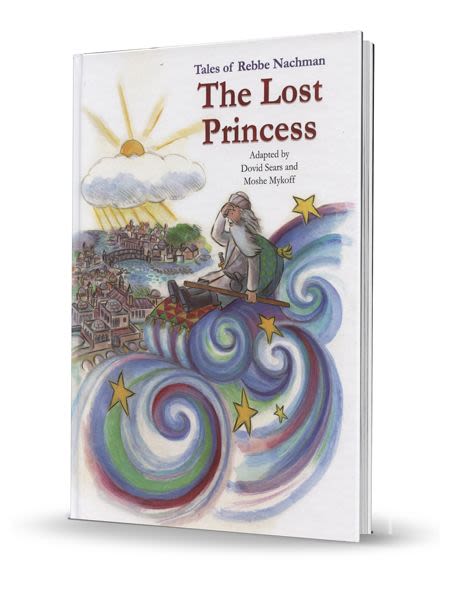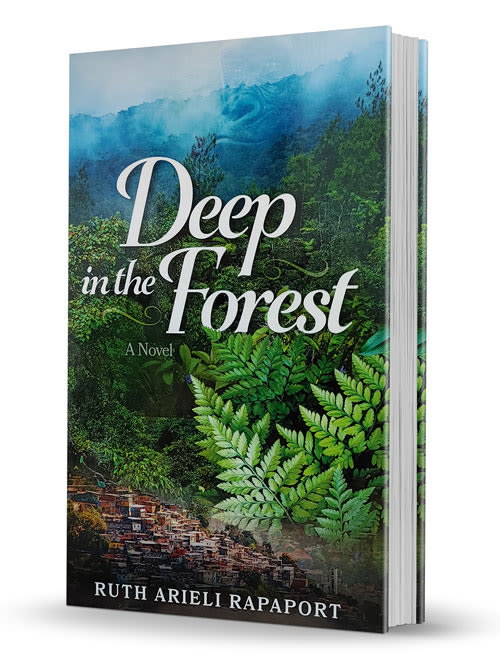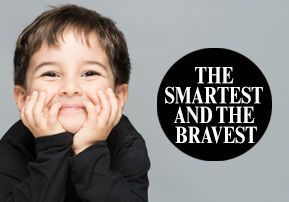
The Smartest and the Bravest
Why does Hashem put people in our lives who exhibit our exact opposite tendencies and preferences, often causing much friction, anxiety and tension?

When we talk about “courage”, many people have the idea of a super-hero type figure, running around saving the world; or a suffering saint, who just keeps going with a smile on his face, no matter what difficulties and hardships he faces. These things are definitely courageous – but it’s not the sort of courage I want to focus on. Right now, I want to explore the idea of having courage in our relationships.
Rabbi Shalom Arush writes extensively about relationships, namely how we interact with our parents, our families, our spouses, our co-workers and the other people we have in our lives. Often these interactions are pleasant, smooth, and uneventful; but sometimes, they’re not. Sometimes, we get stopped or opposed by somebody else, or we find ourselves getting competitive with people who appear to be different from us, and then, the sparks can really fly.
It takes courage to look beyond a surface understanding of what is going on in that particular relationship, and to start exploring the idea that a big part of the reason why we’re experiencing friction with that  particular person is not so much because they are so different from us, but rather, because they are exhibiting qualities that we also may have, but that we aren’t using.
particular person is not so much because they are so different from us, but rather, because they are exhibiting qualities that we also may have, but that we aren’t using.
Let’s say that one person, Hannah, is very outgoing, and she’s busy organizing speakers, and getting book discussion groups together, or working very hard at her own successful business. You’re off on the side, wondering why Hannah is apparently finding all these activities so easy and effortless, while you can’t seem to do them. Then something interesting happens: because Hannah is doing all these things, and you’re not (because you’re not accessing the part of you that really could be doing them as well) – you get a little jealous, and start to look at Hannah with some evil eye, in a less than a positive way. As a result, you start to focus on the less-than-sterling qualities of your friend. That little voice starts up in your head: “She’s so narcissistic, and selfish, and self-involved! She’ll only go to an event if it’s her idea, or if she’s behind it, and if not, she just doesn’t make the effort…”
This doesn’t just happen with friends and acquaintances; it can also be a very common occurrence within family units, too. Say someone has a child who thinks very fast and does things very quickly, while the parent is a different “type”- maybe they react slower, and they are more methodological and feeling-orientated, and not so quick to take risky decisions. Neither person in this equation is “bad” or “wrong”. All of the different and even oppositional qualities the parent and child have are tremendously valuable in the right circumstances, whether it’s passive/active; slow/quick; risk-taking/ risk-adverse; thoughtful/spontaneous, or whatever it might be.
Why does G-d do that? Why does He put all these people who appear to exhibit the opposite tendencies and preferences in our lives, where frequently the differences cause a lot of friction, anxiety and tension? He does it for one main reason: because He knows that we need to learn from each other. The problem is not that some of us are thoughtful and responsible, while some of us are active and spontaneous and “free”. The real problem is that we aren’t learning from each other. The people in our lives are a wonderful mirror for us to see what we need to work on in ourselves. Say you are a serious, deep-thinking type, and you are going through a heavy, solemn moment in your life. All of a sudden, G-d makes a bouncing, over-excited, joyful little boy stand right next to you at the bus stop. Are you going to get impatient and irritated with his boisterous, noisy antics, or are you going to understand that “Someone” is telling you that right now, you need to be working on your own cheerfulness and lightheartedness? Maybe, G-d is asking you to look at the good, and ask yourself how that happy little kid would handle the heaviness that you’re going through right now, and how would he lighten it up and make it more bearable?
That’s my idea of a smart and courageous person.


